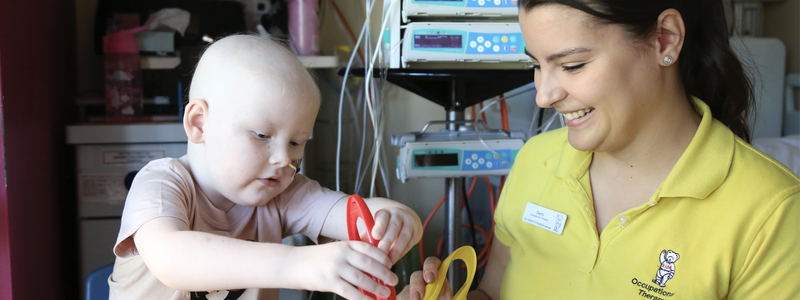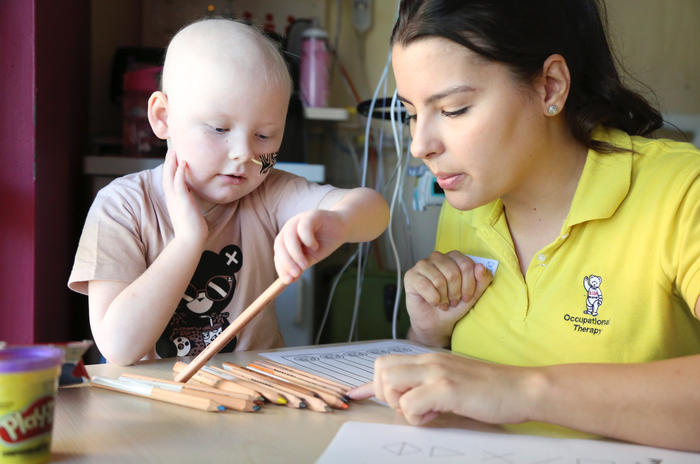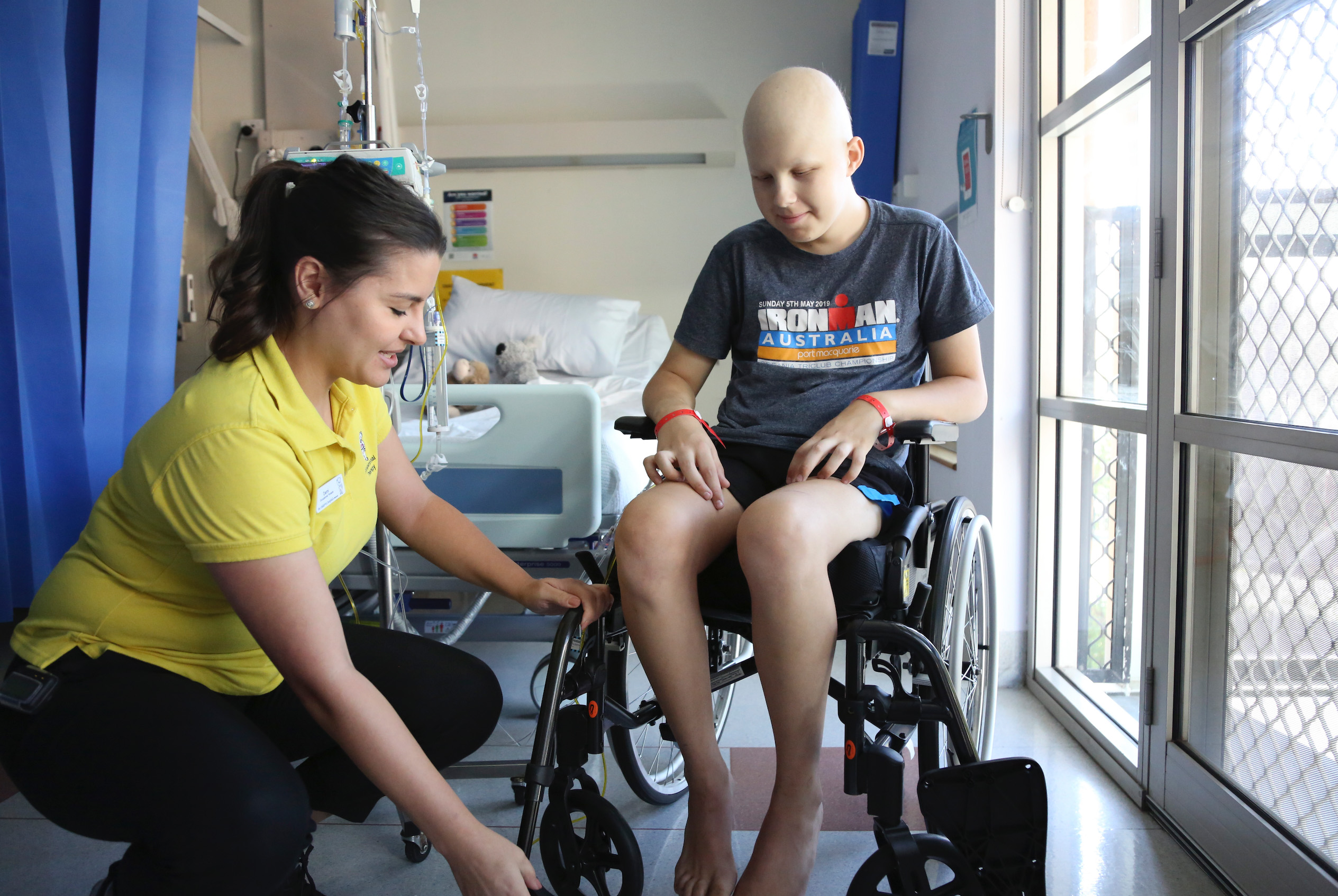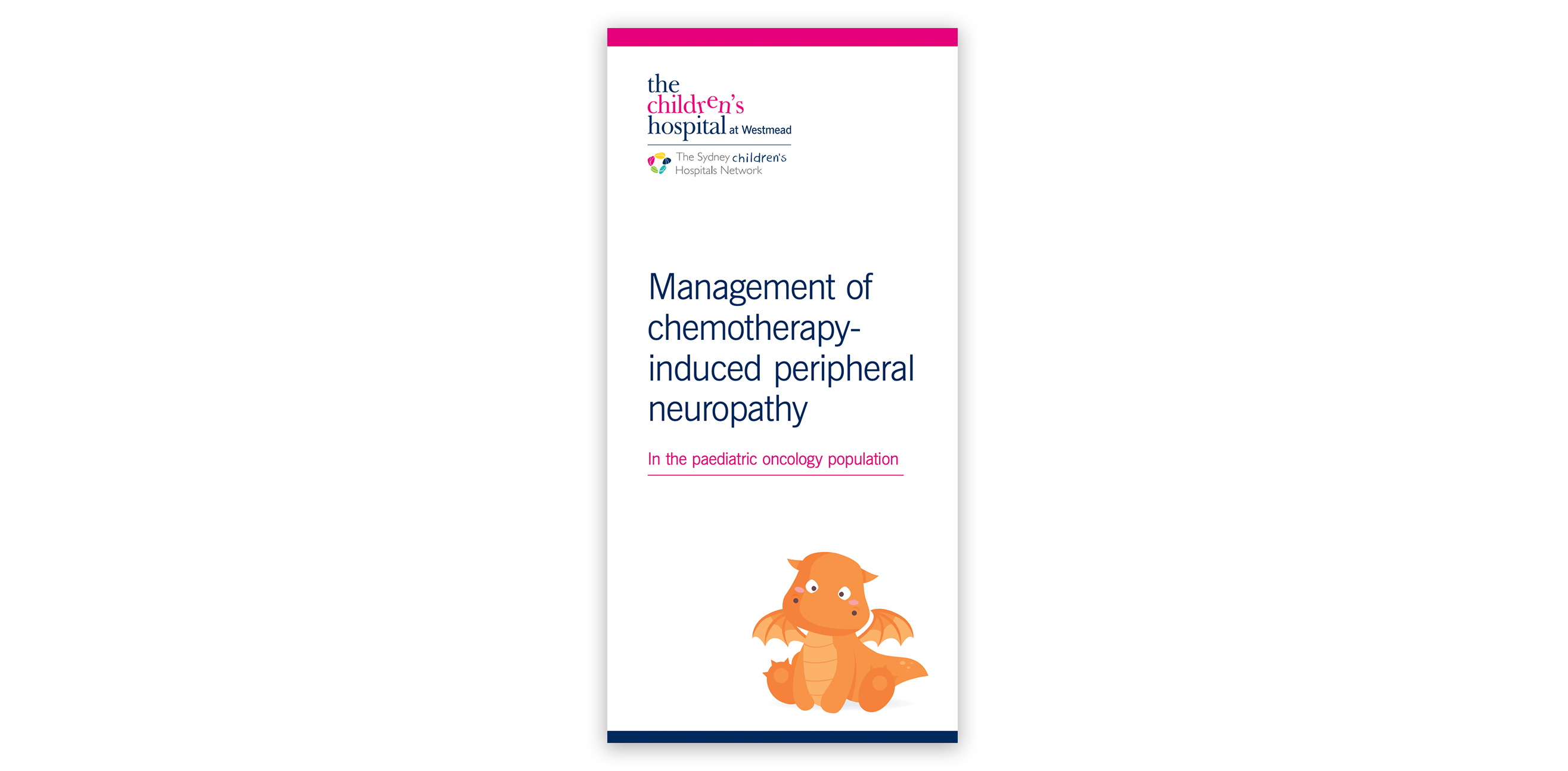
Family | Patient hub


Childhood is a time of rapid development where new skills are learnt. This can be interrupted by treatment for cancer which can include long periods of feeling unwell, hospital stays, and side effects which leave children unable to participate in activities in their everyday lives. As a result of this, they can have limited opportunities to learn new skills, and practice skills they have already developed.
How can an Occupational Therapist help my child?
Occupational Therapists focus on supporting babies, children and adolescents to participate fully in the activities of their everyday life. This can include self-care, play, school, leisure and rest. Occupational Therapists work with you and your child to help them participate in tasks that they want to do (e.g. play) and need to do (e.g. showering and dressing) throughout the day.
We can look at supporting skill development, changing the way tasks are completed, or using equipment to support participation. It is important to remember that your child’s energy levels and ability to engage in activities can fluctuate throughout the treatment of cancer. This can lead to generalised weakness and can make it harder for your child to participate in their usual activities.
Participation is achieved by developing therapy programs and providing education to children and support for families. Occupational therapists can link your child with local services to continue to support you at home.
Occupational Therapists can consider some of the following interventions:
- Child development
- Adapting and prescribing special equipment
- Seating and positioning
- Upper limb management including hand therapy and splinting
- Fine motor skills
- Skills acquisition including handwriting and computer access
- Energy conservation and fatigue management
- Information processing during everyday activities, eg. attention, planning, problem solving
- Home, preschool, school visits
Occupational therapists can provide education and support to parents and carers, appropriate community groups, preschools, schools and other children's services about any equipment or support needs your child may require throughout their treatment.

When should an Occupational Therapist see my child?
An Occupational Therapist should be seen if your child:
- Is not able to do tasks as well as they used to prior to treatment;
- Isn’t moving much in bed, or is spending long periods in bed;
- Is needing additional support or help in self-care activities such as showering, toileting and dressing;
- Is not using their hands as well as they used to prior to treatment;
- Is not reaching developmental milestones as expected;
- Experiences pain or changes in sensation (tingling, burning, tightness) in their hands and arms (see information below on chemotherapy induced peripheral neuropathy - CIPN)
Staff in Oncology Occupational Therapy
Demi Payne is the Oncology Occupational Therapist working at The Children’s Hospital at Westmead. If you have concerns and think your child would benefit from an Occupational Therapist's input, please speak with your child’s medical team.
How is my child referred to an Occupational Therapist?
Your child’s specialist doctor or another team member can refer your child to Occupational Therapy when assessment and management may be required. An occupational therapist can visit you and your child on the ward, in the Oncology Treatment Centre, or organise an outpatient appointment.
Resources
Management of Chemotherapy-Induced Peripheral Neuropathy (CIPN)
Contact us
You'll find Occupational Therapy on Level 2, The Children's Hospital at Westmead.
Phone: (02) 9845 3369
Last updated: 19 May 2020

